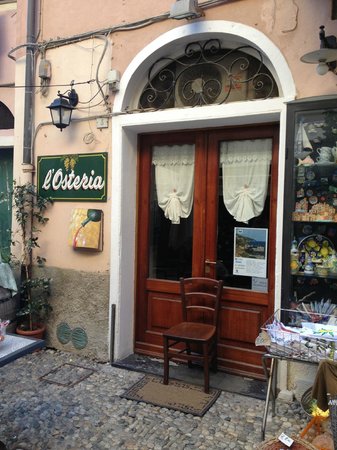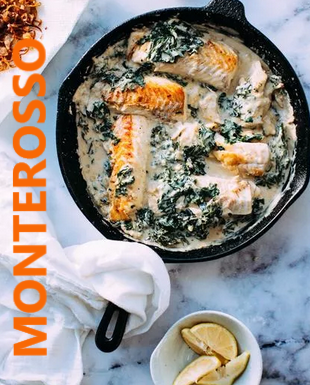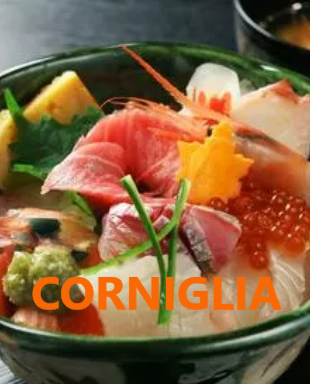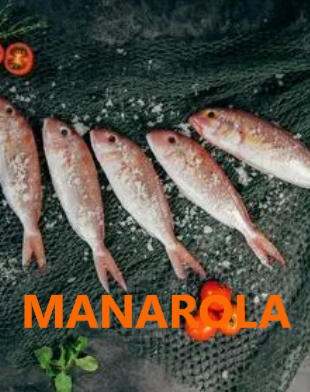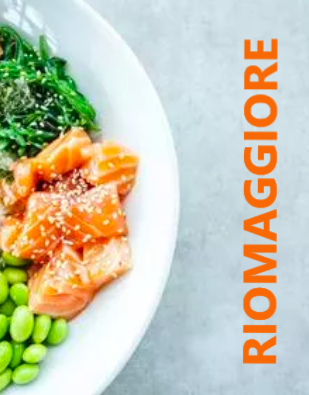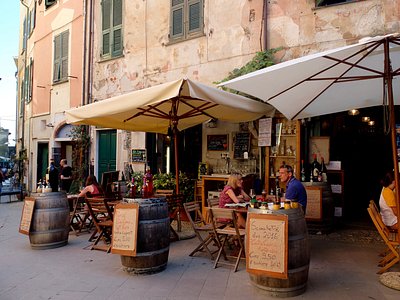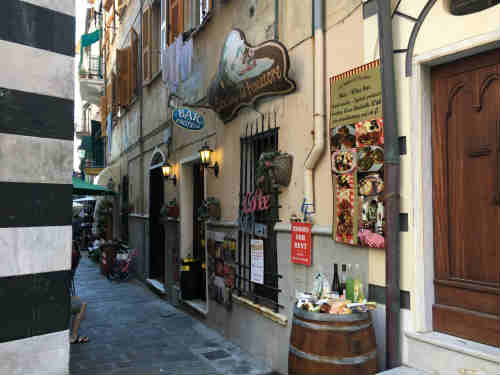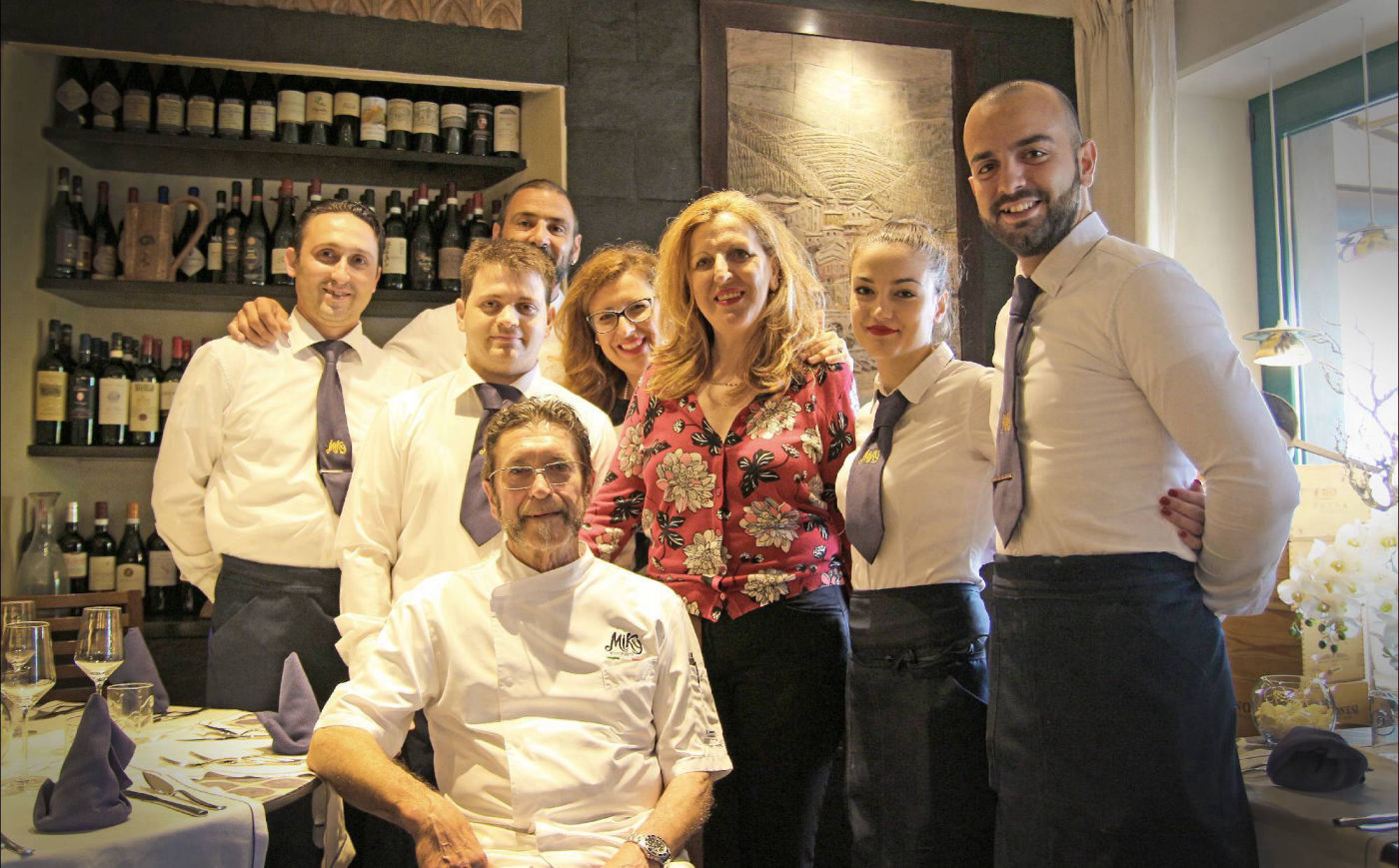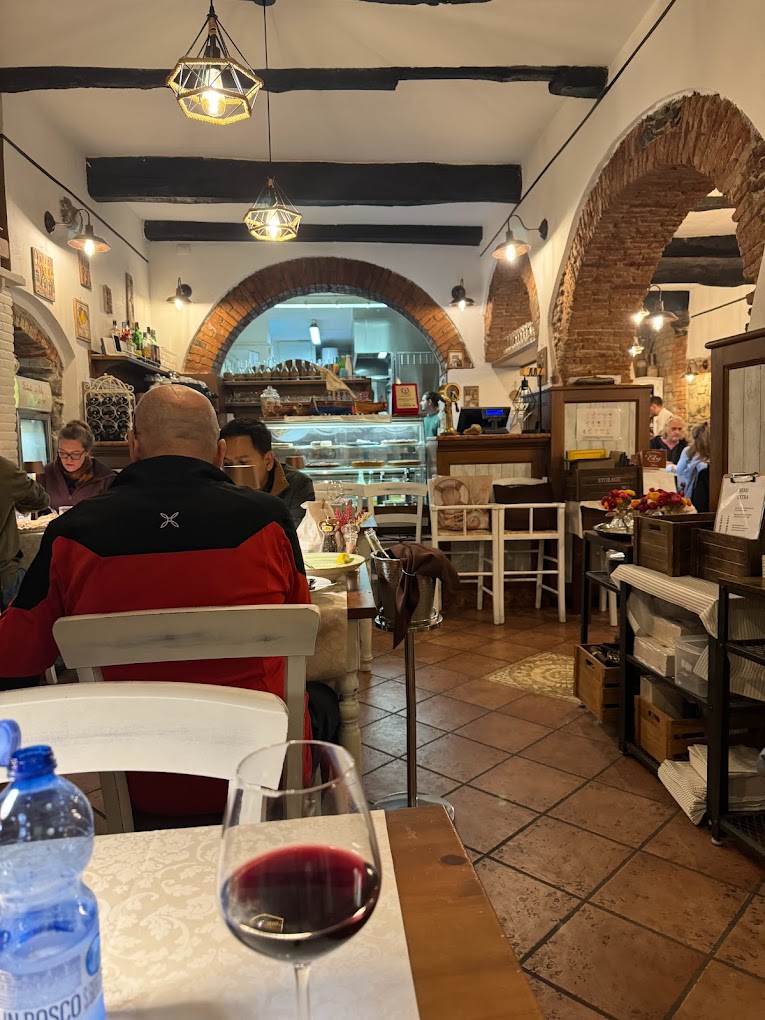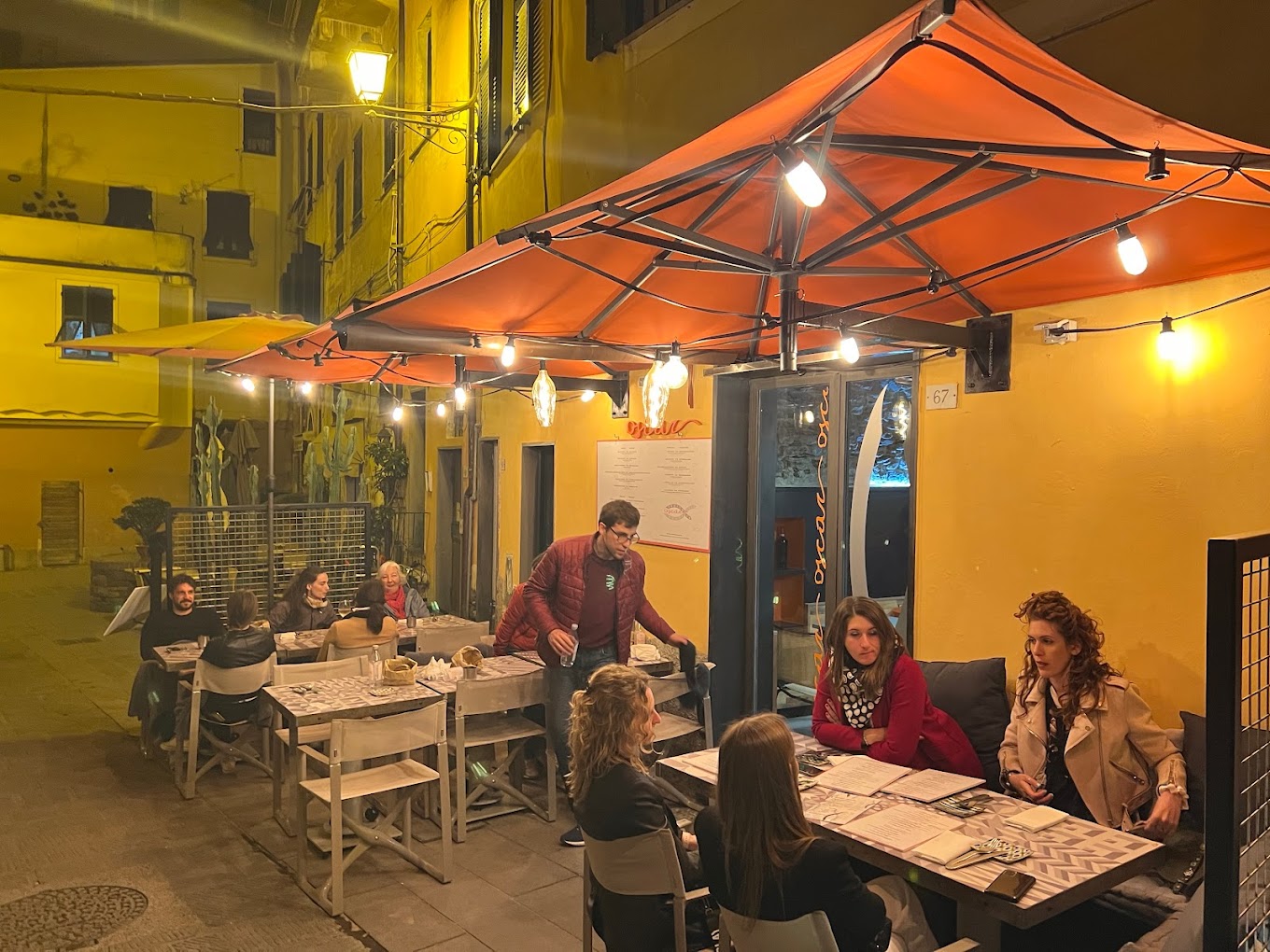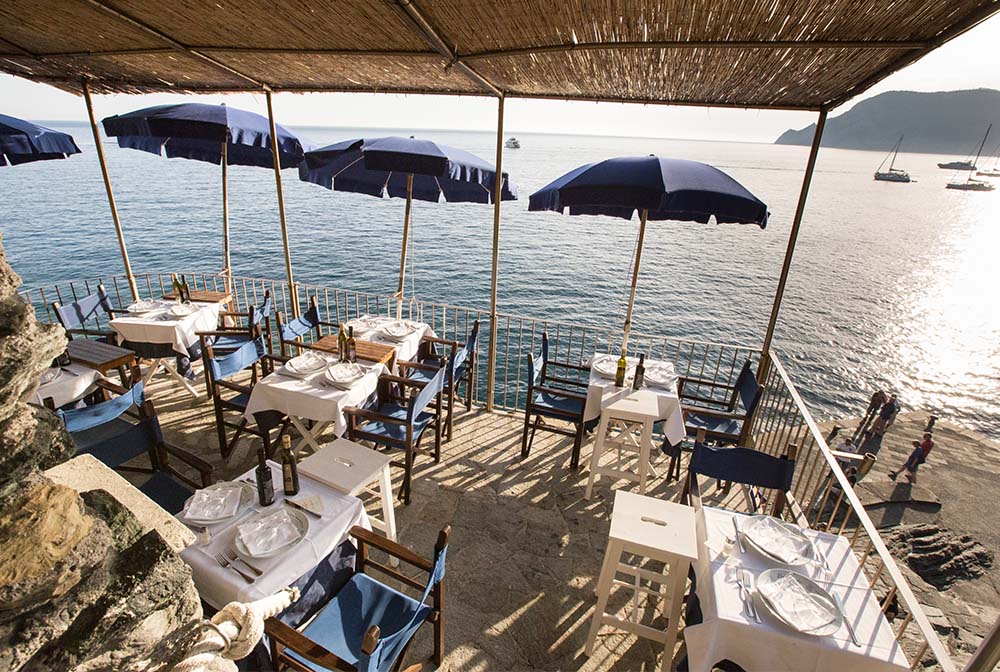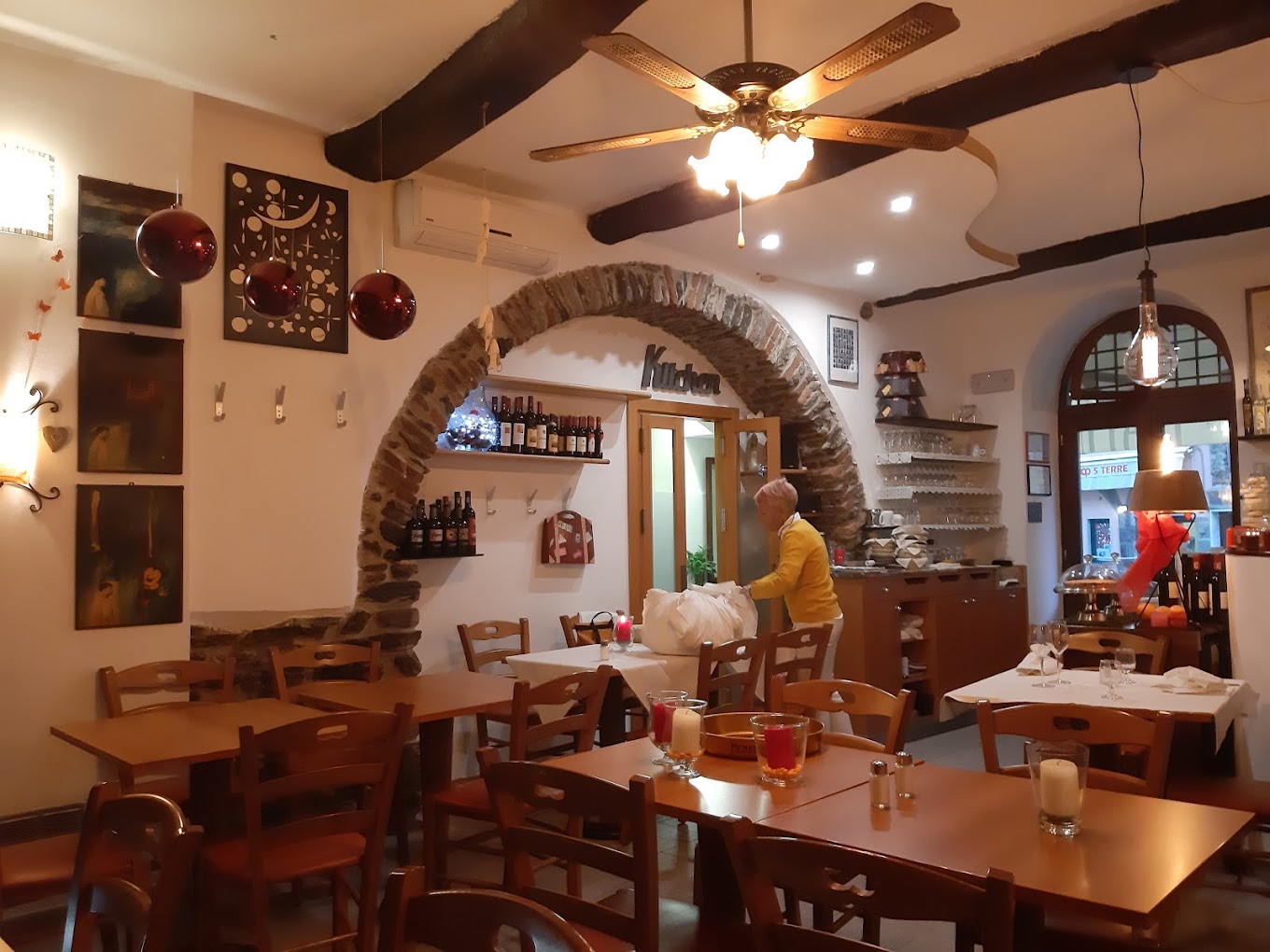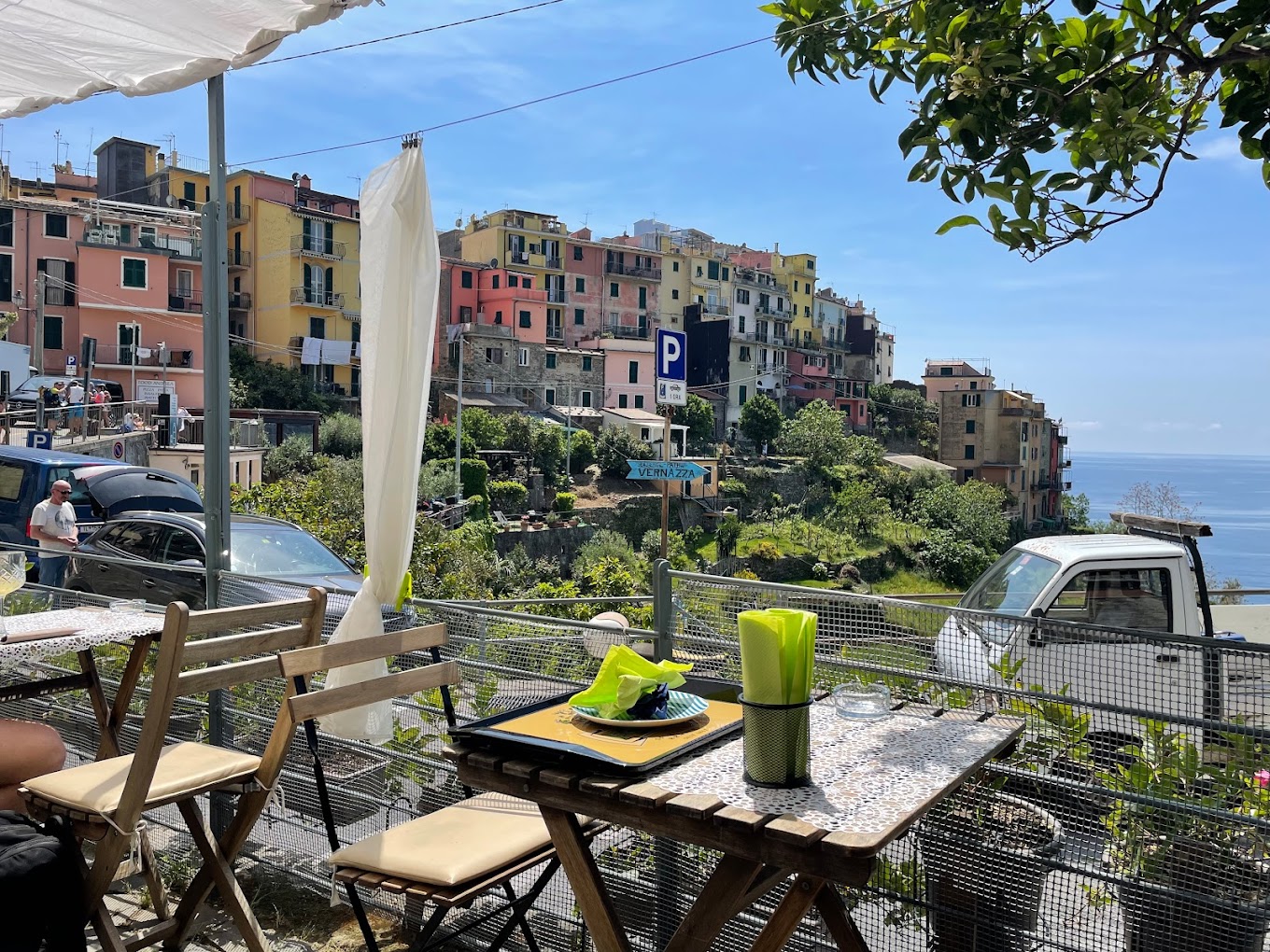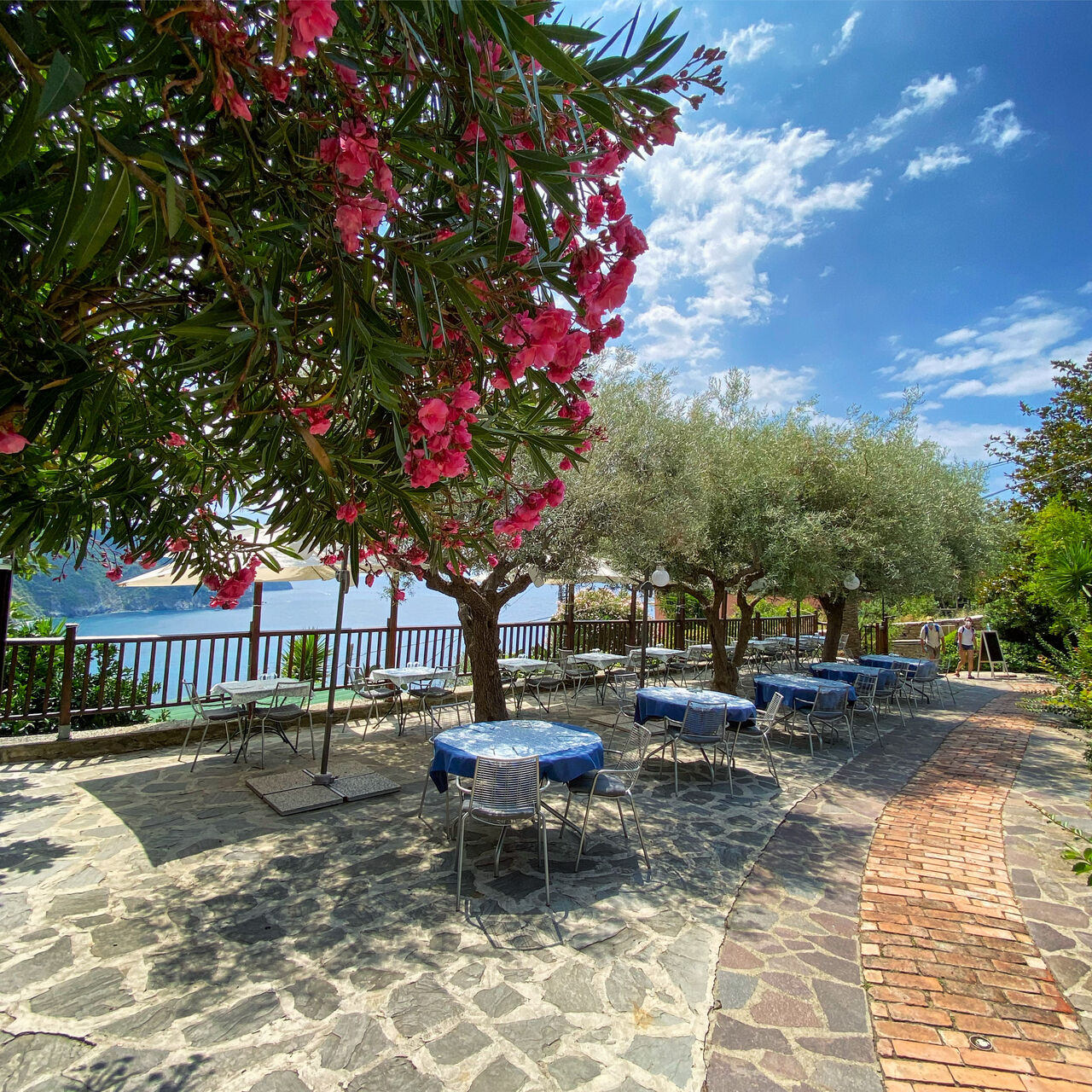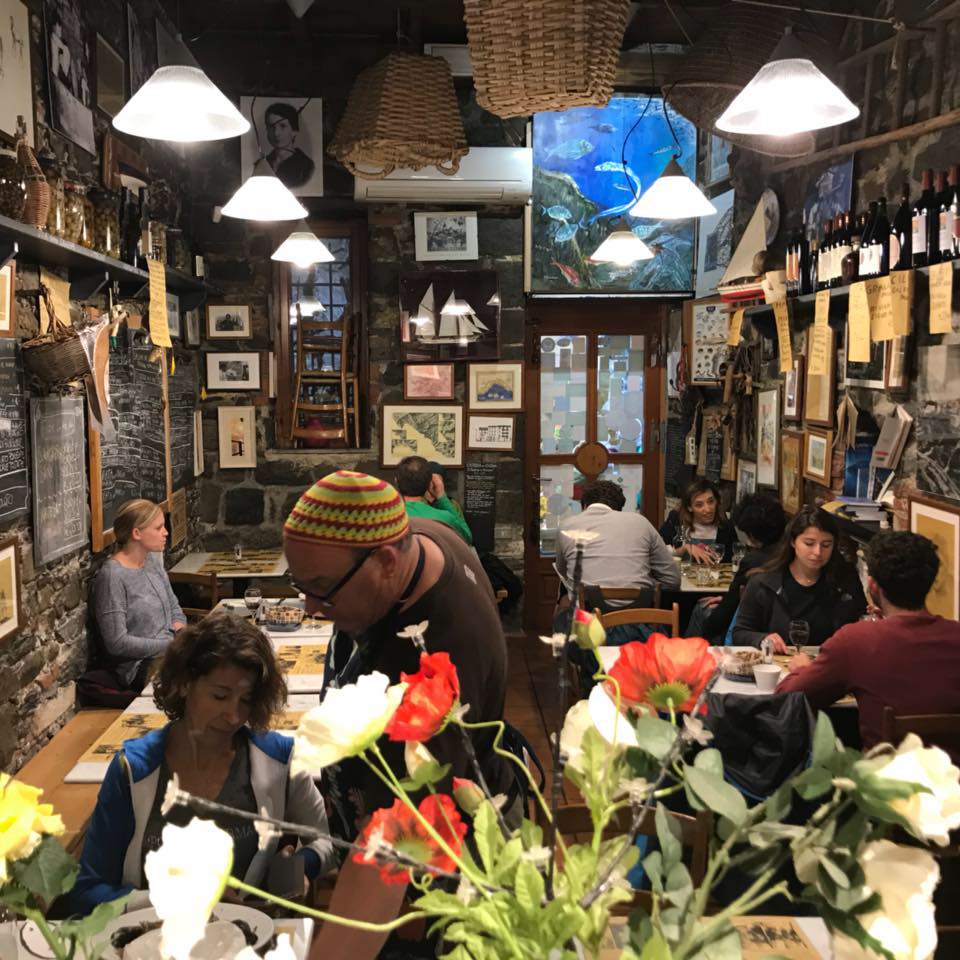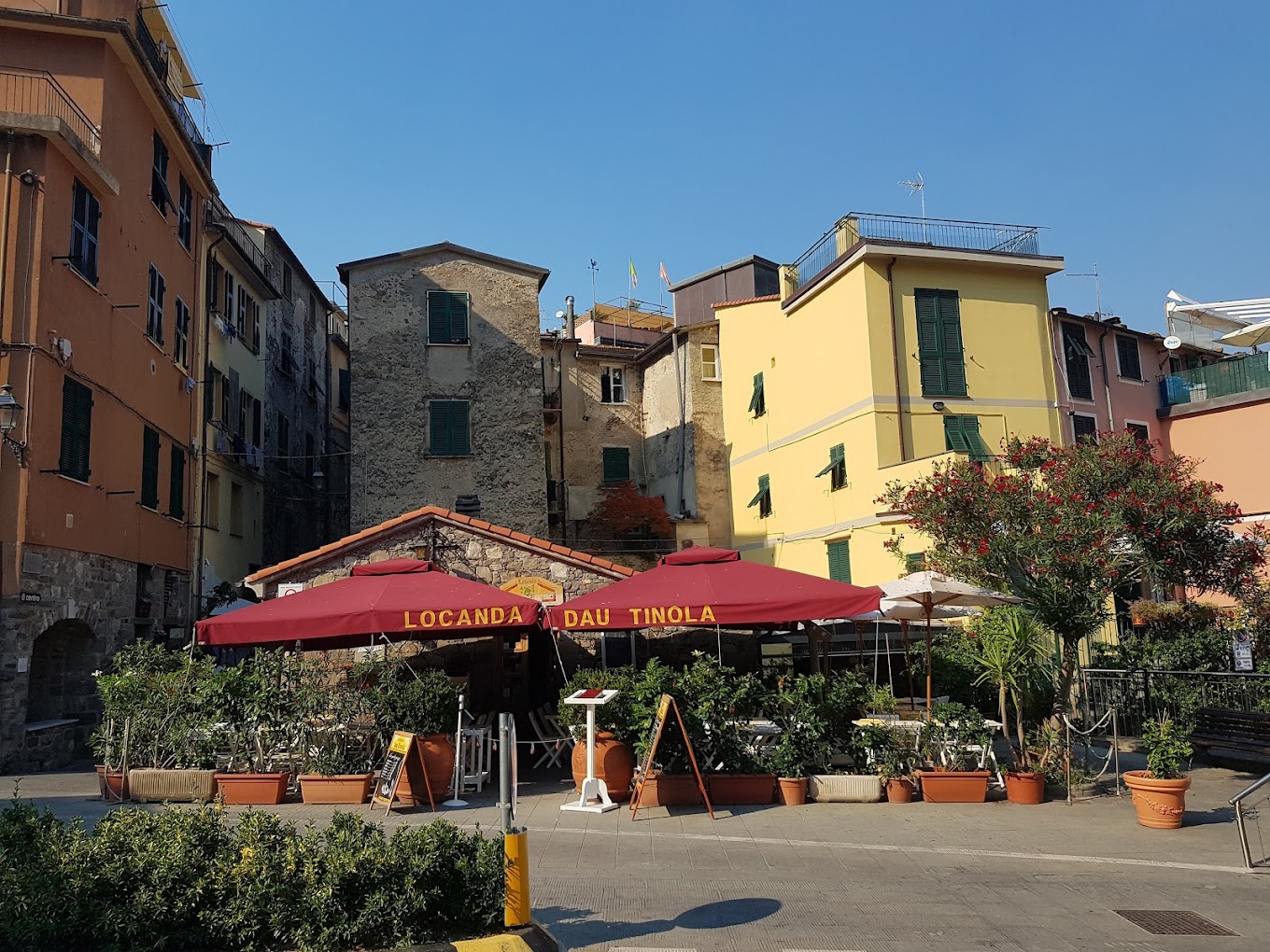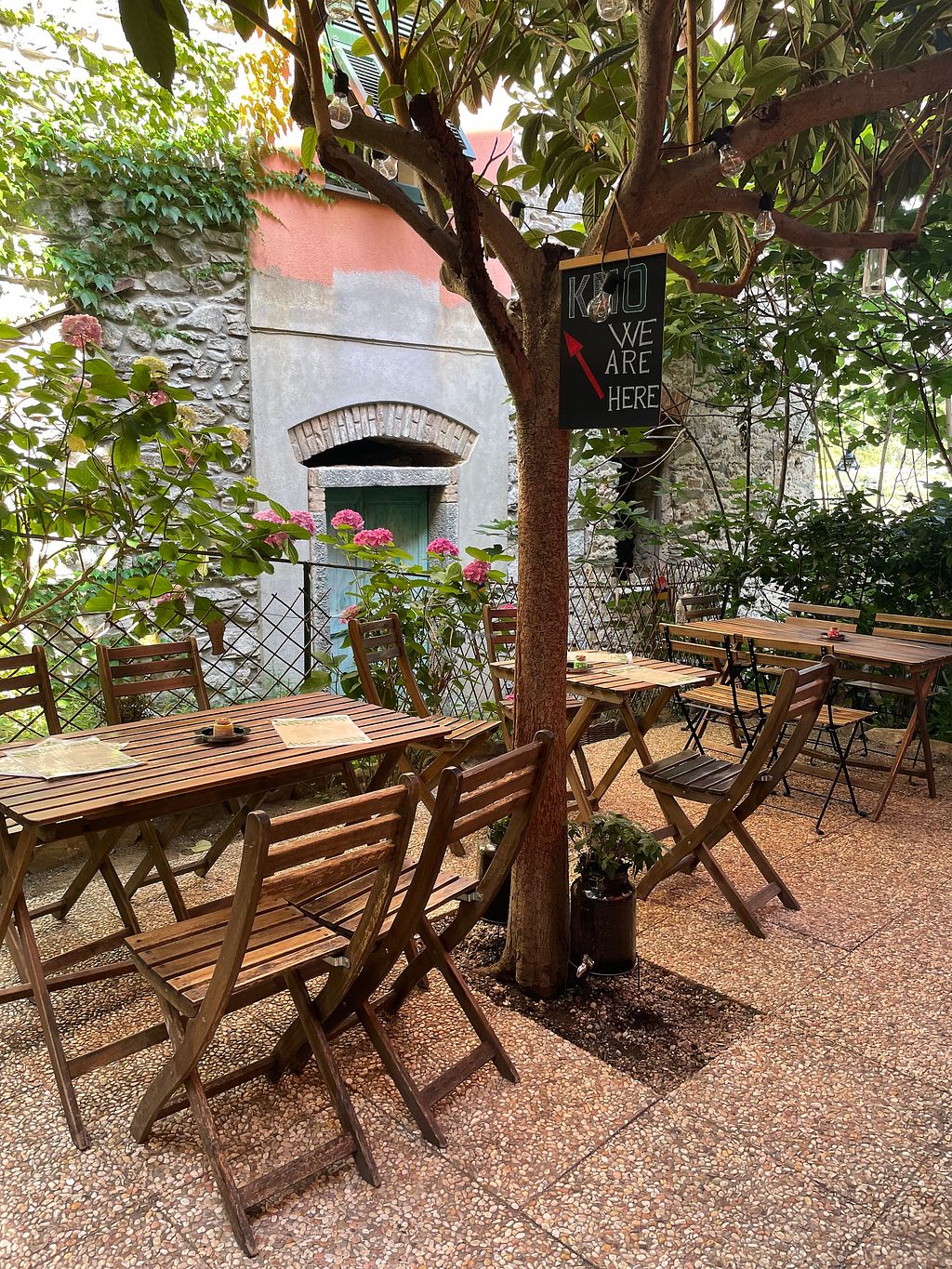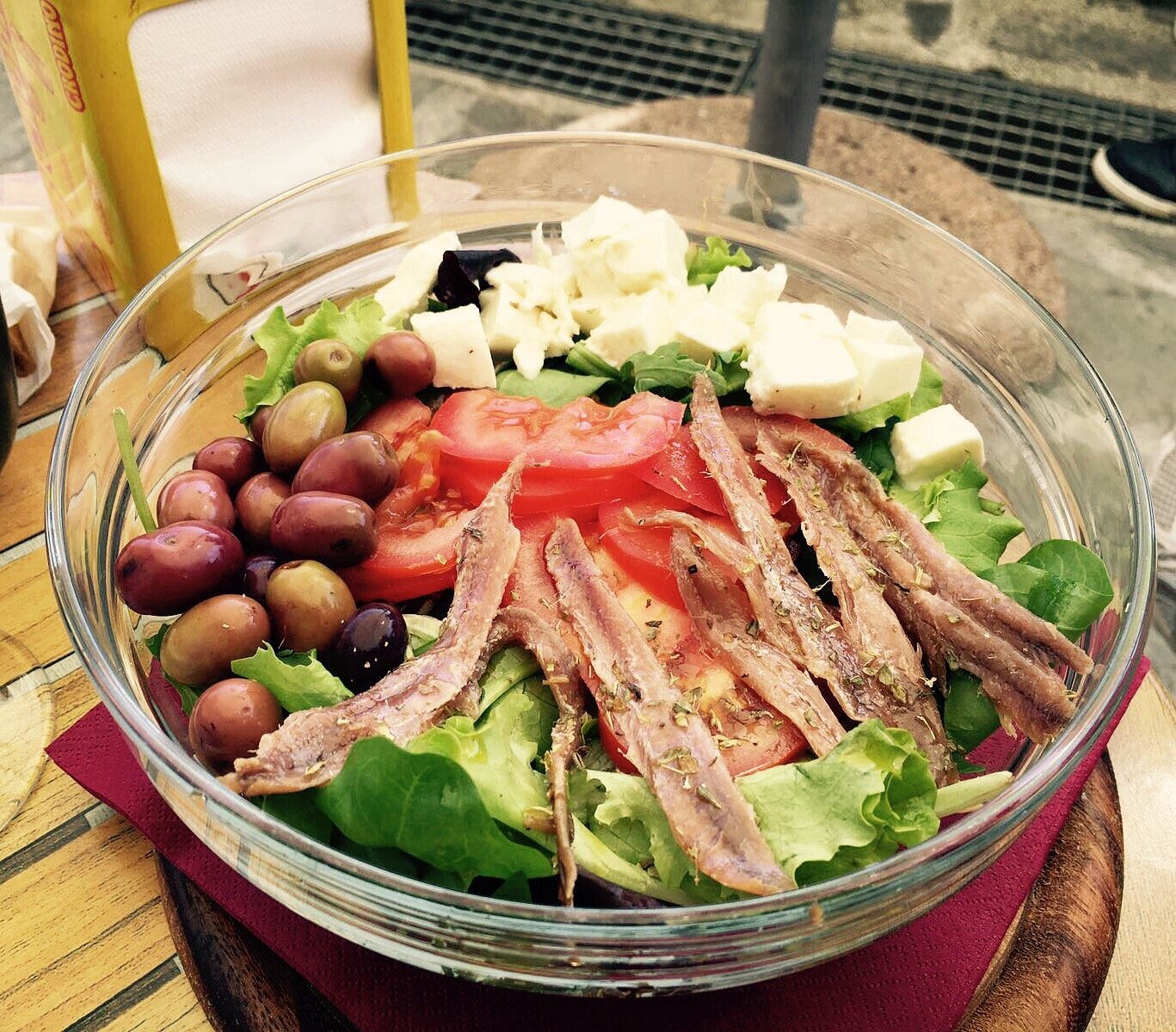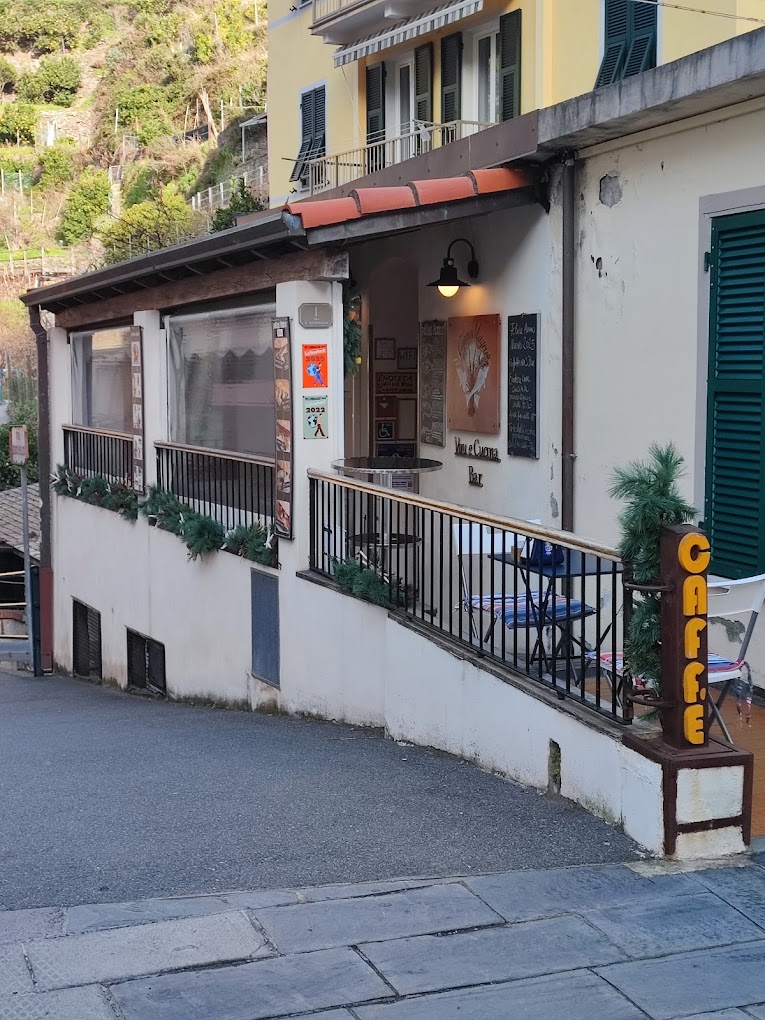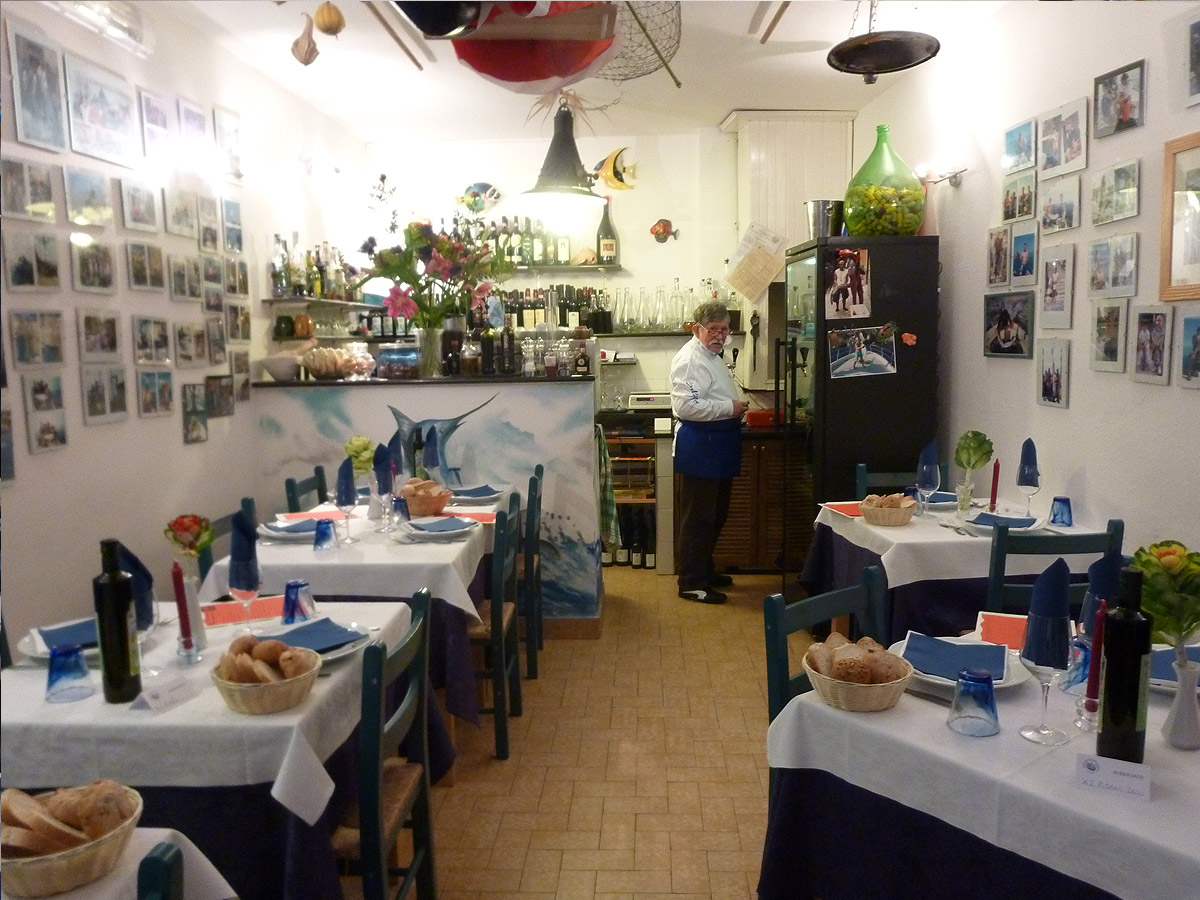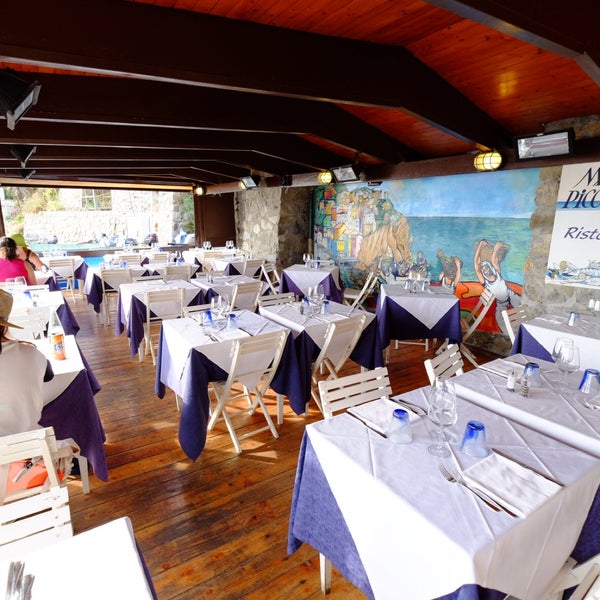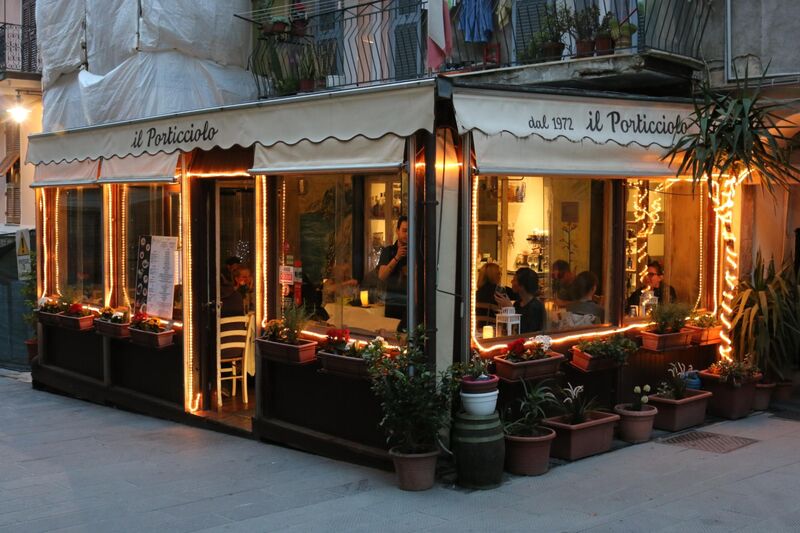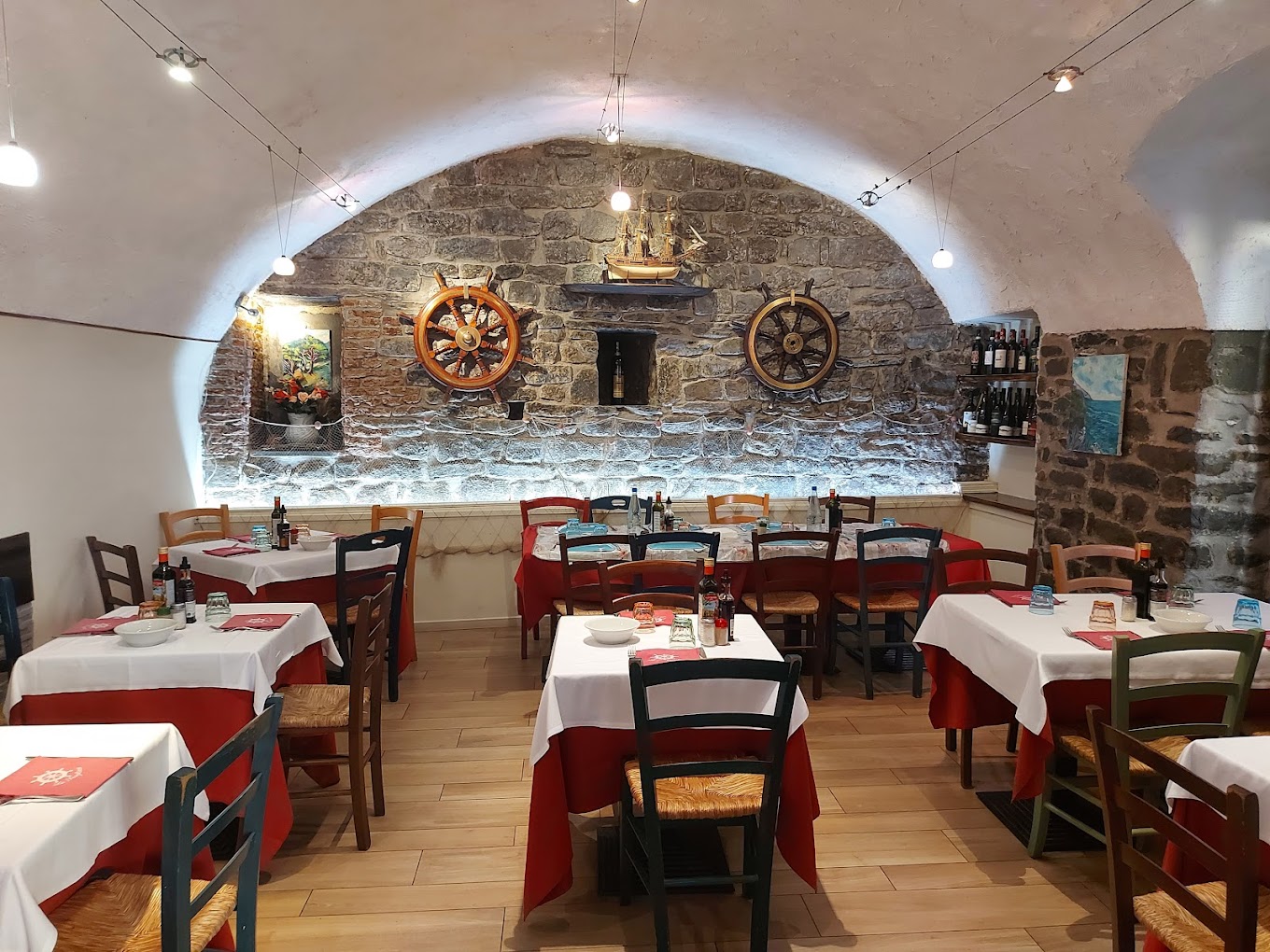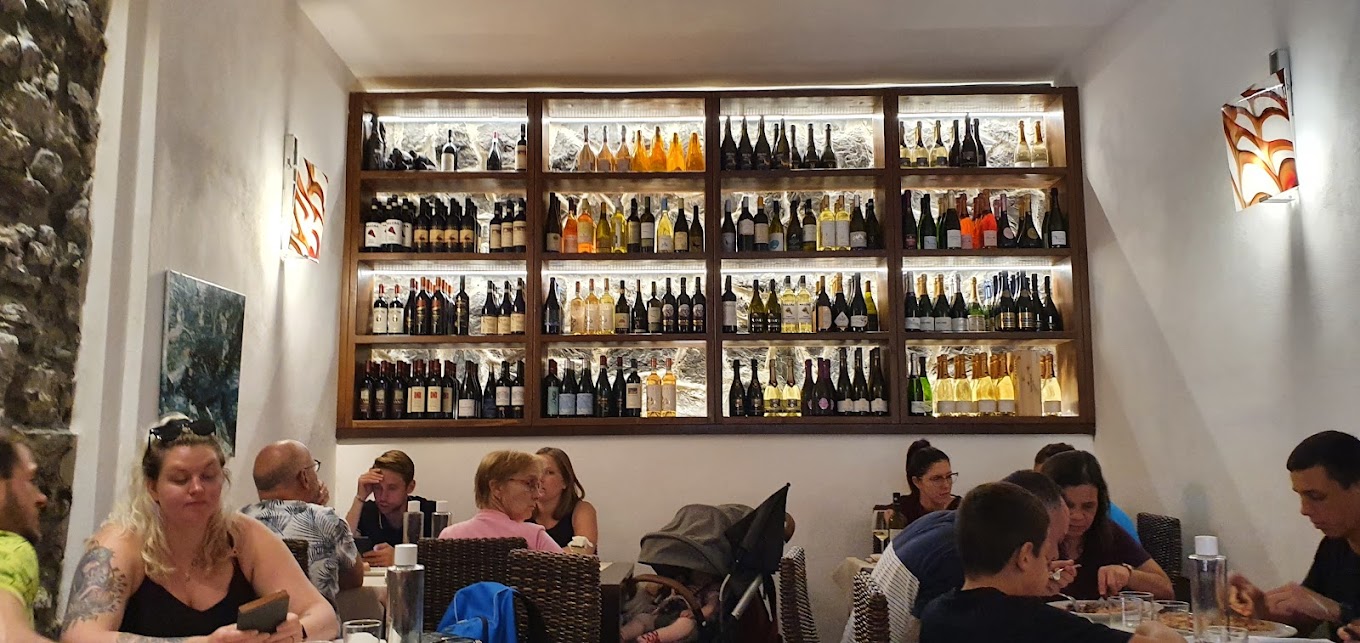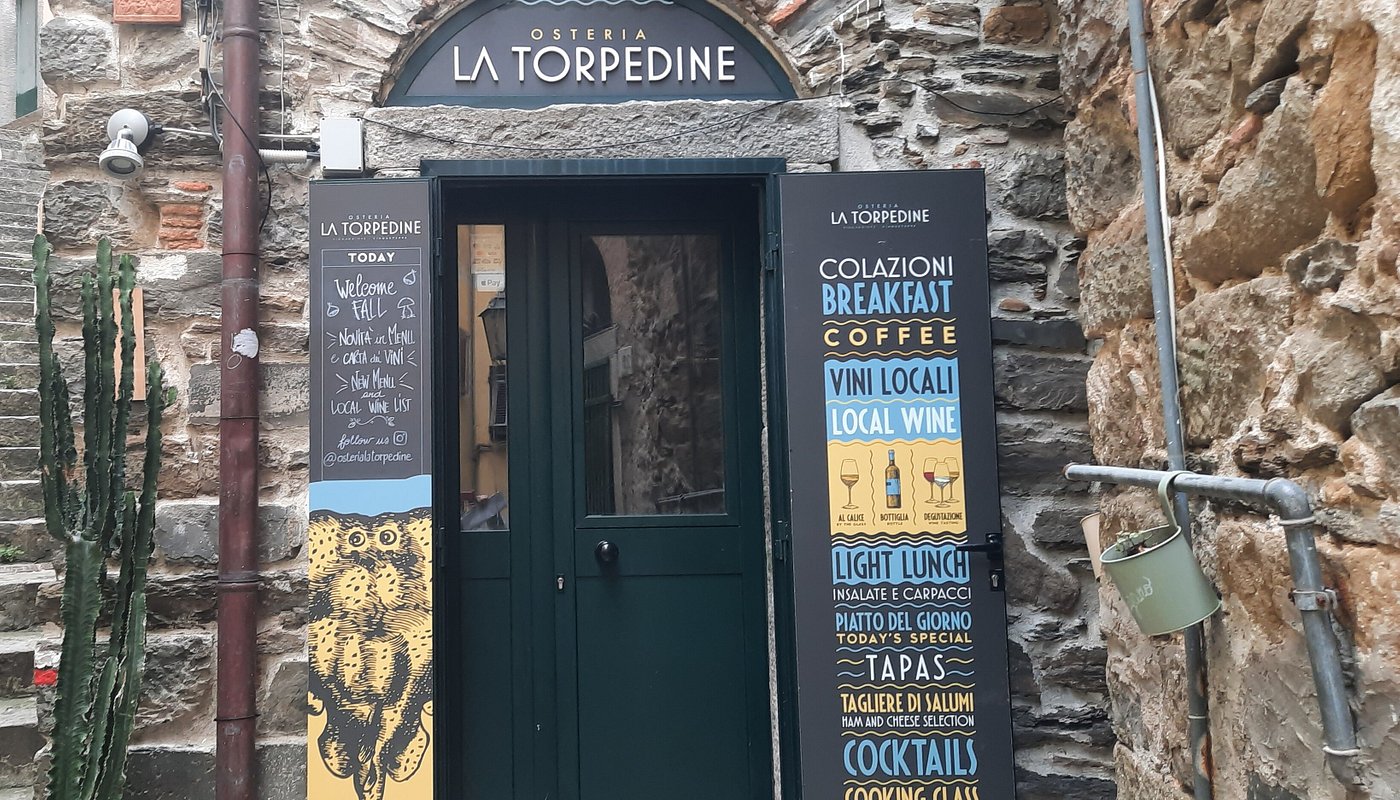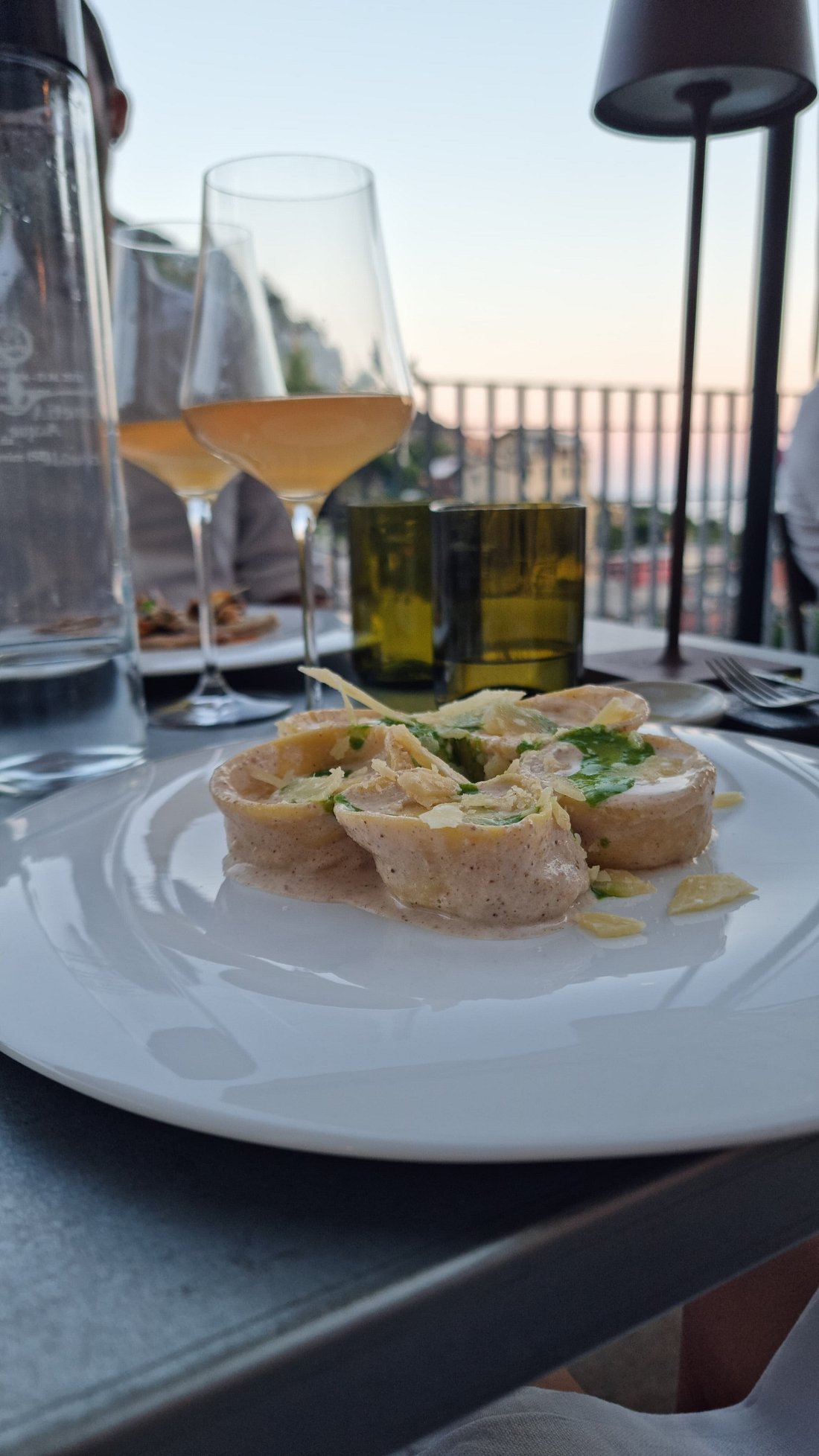Mediterranean Diet on Intangible Cultural Heritage List of Unesco
On November 16, 2010, in Nairobi, Kenya, the Intergovernmental Committee
of the UNESCO Convention for the Safeguarding of the Intangible
Cultural Heritage approved the inclusion of the Mediterranean Diet in
the Intangible Cultural Heritage List.
This designation acknowledges the
traditional practices, knowledge, and skills that have been passed down
through generations in various Mediterranean countries, providing
communities with a sense of belonging and continuity.
The recognition in 2010 embraced the transnational nomination from
Italy, Spain, Greece, and Morocco, which was later expanded in 2013 to
include Cyprus, Croatia, and Portugal.
The Mediterranean Diet encompasses much more than just a list of foods
or a nutritional guide. It represents a lifestyle that incorporates a
range of skills, knowledge, rituals, symbols, and traditions related to
agriculture, harvesting, fishing, animal husbandry, preservation,
cooking, and, most importantly, the sharing and consumption of food.
Dining together forms the foundation of cultural identity and community
continuity in the Mediterranean basin, where values of hospitality,
neighborliness, intercultural dialogue, and creativity intertwine with
respect for the land and biodiversity. In this context, the cultural
heritage of the Mediterranean Diet plays a crucial role in rituals,
festivals, celebrations, and cultural events, bringing together
individuals of all ages and social classes.
It fosters a communal life
that also values local craftsmanship and vocations, such as the
production of containers for food preservation and consumption, artistic
manufacturing of ceramic and glass dishes and cups, as well as the art
of embroidery and weaving.
For centuries, women have played a vital role in transmitting the
knowledge of the Mediterranean Diet, as they care for family and friends
by preparing both everyday and festive meals, passing down their
culinary secrets to children and grandchildren.
